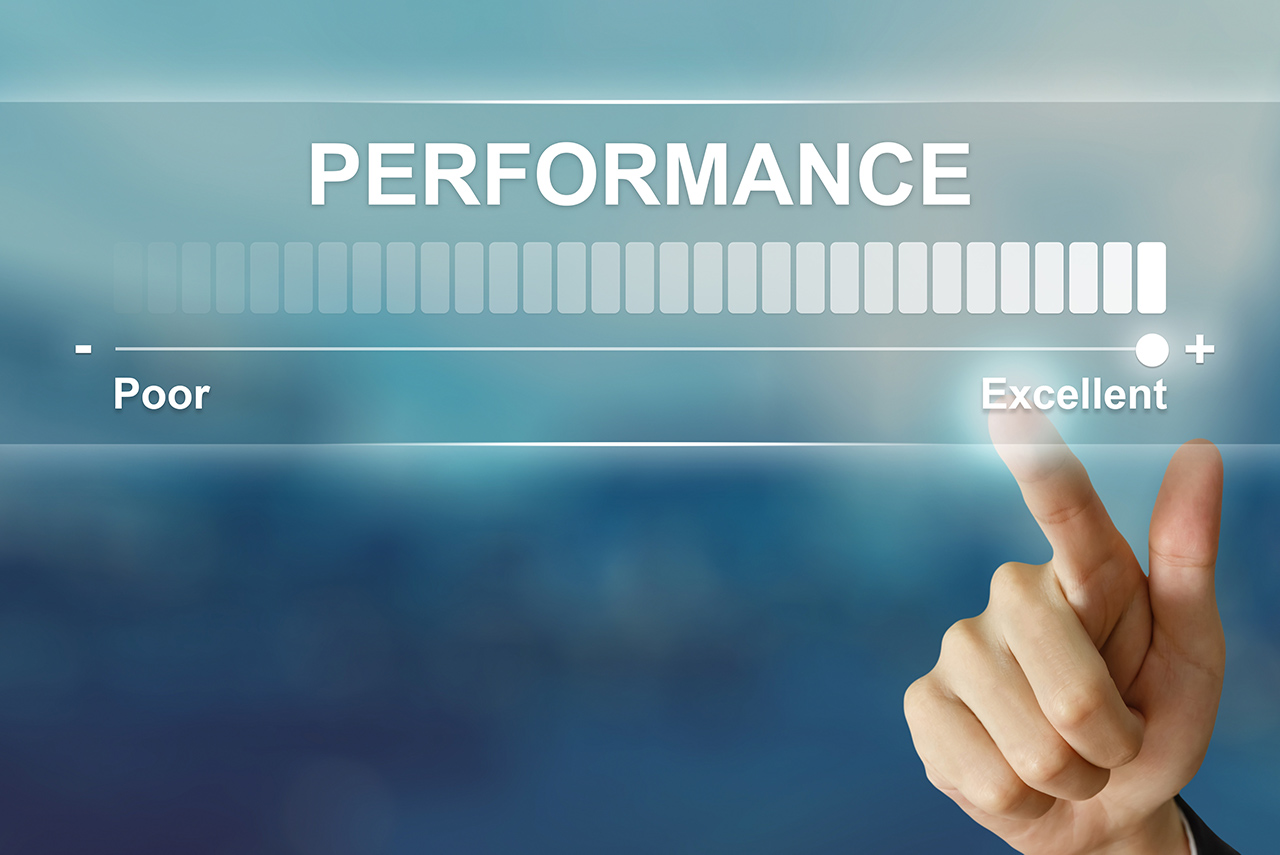
Grow Skills
By learning about money and good money habits, you can improve your financial health and reduce stress whilst increasing confidence to to share and learn from others in order to make good money decisions in the future.
What is your credit score?
Your credit score is a numerical figure between 0-1200 that takes into account a number of factors including the loans you have, number of credit enquiries, the type of credit accounts and whether you have made your repayments on time.
Knowing what your credit score is and the factors that determine it are important to understand as a low score could impact your ability to gain credit, whereas a higher score may provide an opportunity to gain more competitive interest rates.
The ASIC MoneySmart site provides great information on how to check your credit as well as tips to improve. Don’t worry if your score is low. It is updated monthly so you can improve it by paying your bills on time and paying your credit card balance in full and early each month.


How well does your current super fund perform?
Have you checked the performance of your super lately? Is all of your super combined into the one fund? Depending on when you were born will determine when you can access your super, but best not wait until then to ensure you are getting above average returns and paying fees that provide value.
When choosing a super fund, you will need to compare the following:
- Performance – pick a fund that has performed well over the last 5 years
- Fees – ideally the lower the better
- Investment options – does your investment structure suit your needs and risk profile
- Insurance – what do I have, what does it cover, what does it cost
If you are employed, 11.5% of your total income is going to super to provide funds for your retirement. Taking control of these investments, being aware of the returns and fees and making appropriate and considered changes if required, will ensure you are set up more comfortably for retirement.
What do your current insurance policies cover?
Life insurance, income protection, TPD and trauma insurance all play their part in protecting your wealth. This cover isn’t just for you, it’s protection for the people you live for. From loss of income or health to loss of property, it will support your family in times of need.
Protecting oneself against events that would reduce our ability to earn income is a major factor in wealth protection so reviewing your current policies to see what is covered is critical. If you’re not sure where to start the MoneySmart site provides good calculators and information.
For your standard insurance policies, for example car insurance, home and contents, take time to review these each year to confirm coverage and cost. Free comparison sites such as Canstar can provide trusted comparisons of insurance providers.

